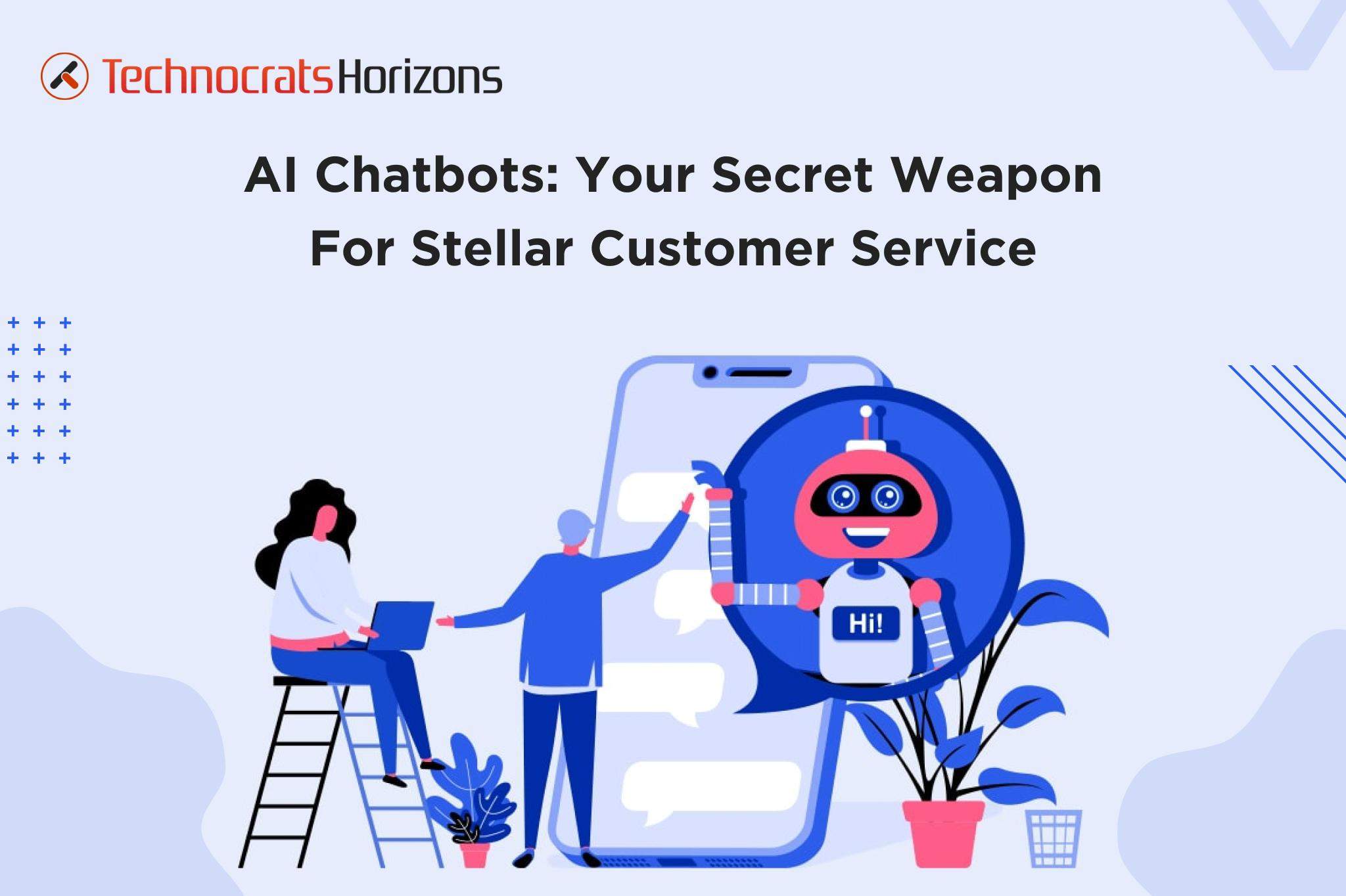In today’s fast-paced business landscape, where innovation is the key to staying ahead of the competition, artificial intelligence (AI) stands out as a transformative force. As organizations continually seek ways to enhance efficiency, improve decision-making, and better serve their customers, understanding the potential of AI is essential. In this listicle, we’ll explore four game-changing ways AI can elevate your business strategy—from harnessing data analytics to refining customer interactions. Whether you’re a seasoned executive or a budding entrepreneur, you’ll discover actionable insights that can help you leverage AI to propel your business forward. Get ready to unlock new avenues of growth and adaptation in an increasingly digital world!
1) Unleashing Predictive Analytics: AI can analyze historical data and market trends to forecast future outcomes, enabling businesses to make informed strategic decisions. By identifying patterns and predicting customer behavior, companies can tailor their offerings to meet emerging demands and stay ahead of the competition
Imagine being able to anticipate customer needs and market changes before they happen. With the power of predictive analytics, businesses can harness vast amounts of historical data and identify trends that inform strategic planning. By leveraging machine learning algorithms, companies can unlock hidden insights, allowing them to foresee shifts in consumer behavior, seasonal demands, and emerging market opportunities. This forward-thinking approach fosters a culture of proactivity, where organizations are equipped to adjust their strategies in real-time, ensuring they remain competitive and relevant.
To maximize the benefits of predictive analytics, businesses should consider implementing the following key strategies:
- Data Integration: Consolidate data from various sources to create a comprehensive view of customer interactions.
- Custom Modeling: Develop tailored predictive models that reflect the unique dynamics of your industry.
- Real-Time Analysis: Utilize AI tools that provide instant analysis of incoming data, allowing for nimble decision-making.
- Feedback Loop: Establish a system to continually refine forecasts based on real-world outcomes and changing conditions.
| Key Strategy | Benefit |
|---|---|
| Data Integration | Provides a unified view for better insights. |
| Custom Modeling | Creates tailored solutions for specific needs. |
| Real-Time Analysis | Enables quick adaptation to market shifts. |
| Feedback Loop | Improvements based on actual performance data. |

2) Enhancing Customer Experience: With AI-driven chatbots and virtual assistants, businesses can provide personalized, 24/7 customer service. These technologies not only ensure quick responses but also gather valuable customer insights, allowing companies to refine their strategies based on real-time feedback and preferences
Artificial Intelligence is revolutionizing customer service by deploying chatbots and virtual assistants that are available around the clock. These digital helpers ensure that customers receive immediate responses to their inquiries, fostering a sense of accessibility and reliability. This not only enhances customer satisfaction but also builds a more loyal clientele. Benefits of AI-driven chatbots include:
- Rapid Response Times: Customers no longer have to wait in long queues or spend time on hold.
- Consistency in Service: Chatbots offer uniform answers to queries, eliminating human error.
- Scalability: Businesses can handle a growing customer base without increasing staff.
Moreover, these technologies are adept at collecting and analyzing customer data, turning interactions into valuable insights. By understanding preferences, behaviors, and pain points, companies can tailor their offerings and refine their approaches effectively. Consider the following table which showcases how AI chatbots aid in strategy refinement:
| Insight Type | Data Collected | Strategic Benefit |
|---|---|---|
| Customer Preferences | Product selections and feedback | Personalized marketing strategies |
| Common Issues | Frequent customer inquiries | Improved product development |
| Engagement Patterns | Response times and satisfaction levels | Enhanced resource allocation |

3) Streamlining Operations with Automation: AI can automate repetitive tasks, freeing up valuable time for employees to focus on strategic initiatives. By optimizing supply chain management, simplifying administrative processes, and enhancing productivity, AI enables organizations to operate more efficiently and allocate resources effectively
Organizations often find themselves overwhelmed by tedious tasks that can drain productivity and hinder innovation. By integrating AI-driven automation, businesses can significantly reduce the time spent on repetitive procedures. These tasks include everything from data entry to inventory tracking, which can be optimized through intelligent algorithms that perform these actions seamlessly. This not only helps in minimizing human error but also allows employees to redirect their energy towards high-impact projects that require critical thinking and creativity.
Moreover, AI plays a crucial role in enhancing operational efficiencies across various departments. For instance, in supply chain management, AI can forecast demand and manage inventory levels with remarkable accuracy, leading to reduced costs and enhanced service delivery. Administrative tasks such as scheduling, invoicing, and customer communications can also be streamlined, ensuring that resources are allocated more effectively. As a result, teams can collaborate more efficiently, working towards strategic goals instead of getting bogged down by routine activities.

4) Driving Innovation through Data-Driven Insights: AI can sift through vast amounts of data to uncover insights that can spark innovation. By leveraging machine learning algorithms, businesses can identify new market opportunities, develop unique products, and refine their strategies to adapt to an ever-evolving landscape
In the age of information, leveraging AI to sift through copious amounts of data can transform the way businesses operate. By employing advanced machine learning algorithms, companies can not only analyze historical data but also predict future trends with remarkable accuracy. This capability enables businesses to uncover hidden patterns and identify new market opportunities that may have otherwise gone unnoticed. For instance, AI can analyze customer behavior and preferences, allowing businesses to tailor their offerings and seize untapped segments in the market, thus paving the road for innovative product development.
Furthermore, as the competitive landscape continues to shift, businesses must remain agile in their strategies. AI’s ability to provide real-time data analysis empowers companies to make informed decisions swiftly, ensuring they stay ahead of the curve. By regularly refining their approaches based on AI-generated insights, businesses can adapt dynamically to changing consumer demands and industry standards. To illustrate this dynamic process, consider the following table that highlights potential applications of AI-driven insights in innovative strategy development:
| Application | Benefits |
|---|---|
| Market Trend Analysis | Identify emerging consumer preferences, allowing for timely product launches. |
| Competitive Benchmarking | Gain insights into competitors’ strategies, enhancing differentiation. |
| Customer Sentiment Analysis | Adapt offerings based on real-time customer feedback and trends. |
| Supply Chain Optimization | Streamline operations and reduce costs by predicting demands accurately. |
Final Thoughts
In a world where technology continues to evolve at an unprecedented pace, embracing AI isn’t just an option—it’s a necessity for any business aiming to thrive. The four game-changing strategies we’ve explored today highlight how artificial intelligence can seamlessly integrate into your operations, transforming challenges into opportunities and insights into action.
As you consider how to implement these innovative tools, remember that the key to successful AI integration lies not just in technology itself, but in your vision for the future of your business. By leveraging AI thoughtfully and strategically, you can enhance decision-making, streamline processes, and ultimately, drive sustainable growth.
So, as you embark on this journey, stay curious, experiment fearlessly, and let AI lead you to new horizons. Here’s to redefining what’s possible in the world of business—one intelligent decision at a time!




